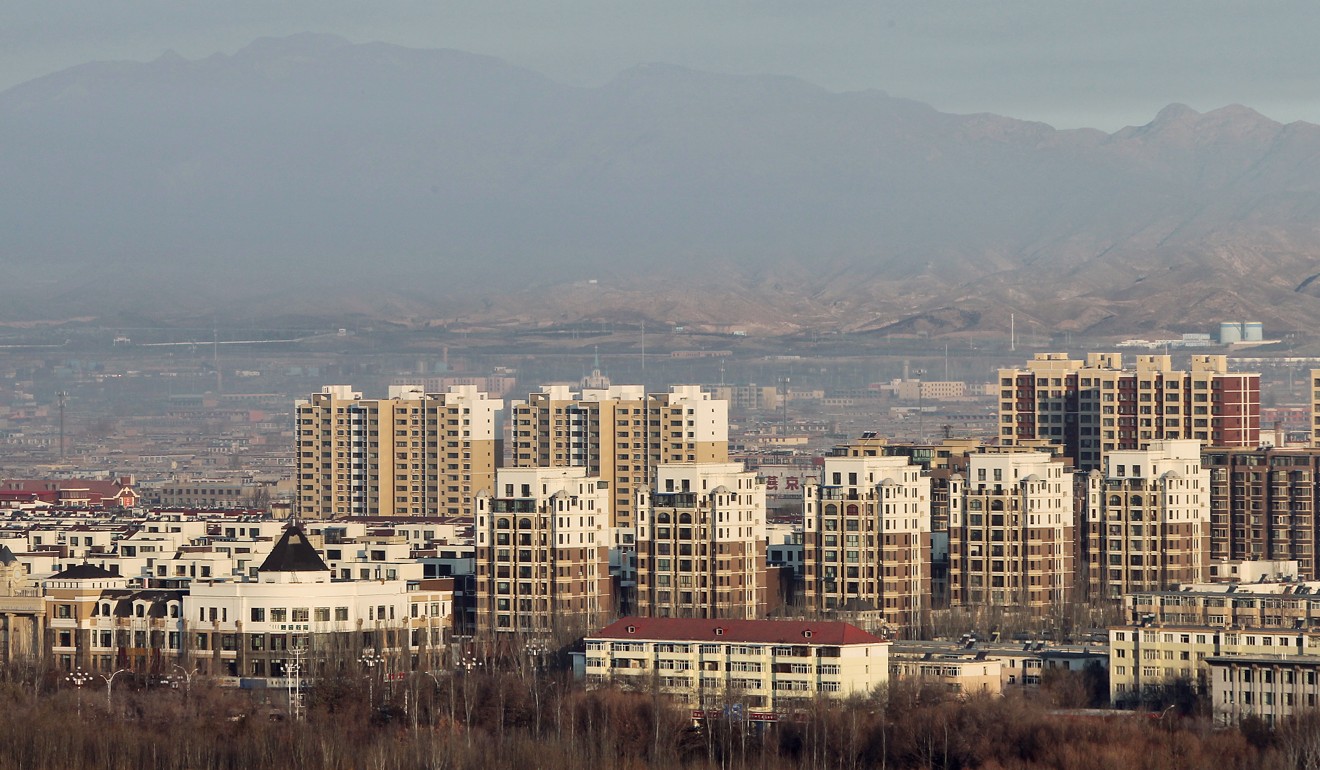
China’s Inner Mongolia admits cooking economic data, puts key road and subway projects on hold
Authorities confess to inflating industrial data by 40 per cent and fiscal revenue by 26 per cent in 2016
A second major Chinese region has admitted to severely inflating fiscal and economic data, pledging to mend its ways and tame government borrowings in the next few years in part by halting various debt-burdened public projects.
The admission by the authorities in the Inner Mongolia autonomous region comes after Beijing made preventing financial risk one of its top economic priorities for the next three years at a key national policy conference chaired by Chinese President Xi Jinping last month.
At a two-day economic policy meeting last week, the government of Inner Mongolia said its industrial output figure for 2016 should be revised down by 40 per cent, and its fiscal revenue for that year was 26 per cent less than initially stated, the official Xinhua news agency reported on Wednesday.
The northeastern rust-belt province of Liaoning made a similar confession last January, when the authorities said its cities and counties had fabricated fiscal data between 2011 and 2014.
The meeting in Inner Mongolia confirmed for the first time that the government had halted a 30.5 billion yuan (US$4.7 billion) subway project in Baotou, the region’s biggest industrial city, financial news outlet Caixin reported on Sunday.
The meeting also yielded confirmation that another three subway projects in the regional capital Hohhot were on hold, according to Xinhua.
In addition, an expressway project linking Hohhot and Ordos had been suspended, Caixin reported, citing banking regulators.

In total, the shelved Hohhot projects involved more than 50 billion yuan in investment, Caixin said.
China is struggling under a mountain of local government debt which analysts say is a source of fragility for China’s financial system and economy. The Ministry of Finance released figures last month that put the debt pile at 16.6 trillion yuan at the end of November.
Concern about the borrowings prompted rating agencies Moody’s and Standard & Poor’s to downgrade China’s sovereign credit rating last year.
In a separate report, Caixin quoted an Inner Mongolian finance department official as saying that since last year, the regional government had stopped setting revenue growth targets for lower-level governments, and eliminated them as factors in officials’ performance appraisals.
But a local government finance department official said local officials were not just cooking the books for their own benefit – better fiscal figures meant better credit ratings and cheaper debt issues.
Xinhua quoted Wu Wenming, a district chief in Hohhot, as saying that local governments were now committed to make “sensible” investment decisions to prevent “unreasonable debt”.
“Governments should live within our means and avoid excessive borrowing and irresponsibly creating [financial] risks,” Wu was quoted as saying.
Xinhua reported that after the adjustments, Inner Mongolia government revenue in 2017 should be 170.3 billion yuan, up 14.6 per cent up on 2016.
The report did not say how the corrections would affect Inner Mongolia’s gross domestic product, which grew 7.3 per cent in 2016 according to previously announced data.

